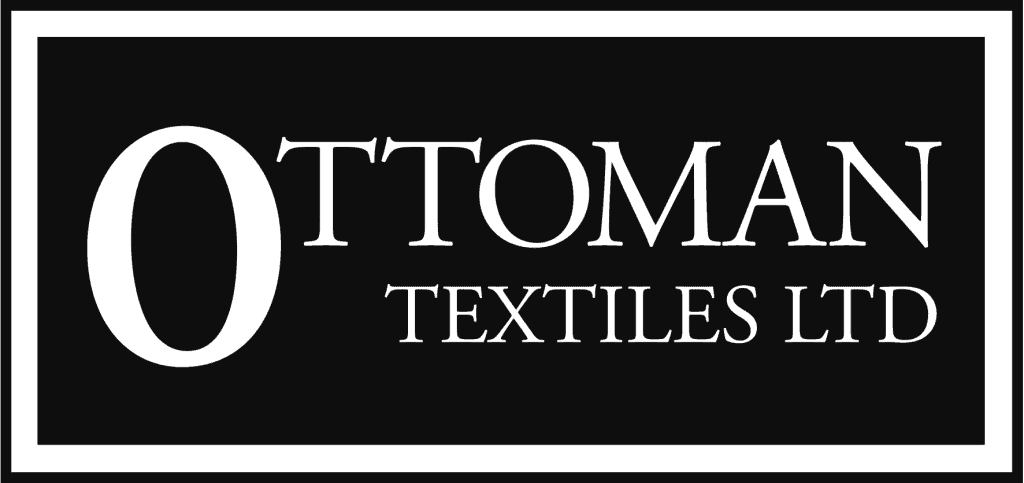Wholesale / Business Guide
How To Register a Business in the UK?
Table of Contents:
Starting a business can be a daunting experience. Sure, it feels like you’re going on an adventure, but the unknown is always a daunting prospect. Fortunately, the process of registering a business in the UK is very straightforward.
In this blog, we are going to walk you through the process of registering a business in the UK.
But before you register, you need to decide on a business structure first. The most common structures in the UK are Sole Trader, Partnership and Limited Company. Each structure has its pros and cons but the easiest way to choose a structure is the one most suited to your needs.
Here are the basic steps on how to register a business in the UK:
Registering as a Sole Trader

A sole trader is one of the most common types of business structure in the UK. First, you will need to choose a business name that does not infringe on any trademarks. Next, you will need a national insurance (NI) number. If you don’t have a NI number, you can call the National Insurance number for information and they will set up an appointment for you.
Alternatively, you can check your pay slip or your P60 for your NI number if you’re already working. Once you already have your NI number, register with HM Revenue and Customs (HMRC). This is needed so that you pay the correct tax and NI contributions. People who want to register as sole traders should do so as soon as possible after starting the business. This can be done online or through CWF1 and sending it to HMRC.
You will also need to register for VAT (Value Added Tax) if you expect your business to turnover £85,000 per year. Registration can also be done online through the HMRC website or by filling up VAT1 and then posting it.
Registering as a Business Partnership

This structure is similar to a sole trader except that there are at least 2 persons involved. Registering as a business partnership is also easy. Just like a sole trader, you will need a business name that does not infringe on trademarks.
It should be noted that drawing up a partnership agreement outlining the responsibilities and profit sharing of each partner is strongly recommended but not legally required to proceed with the registration.
Similar to the sole trader business structure, each partner has to register with HMRC for self-assessment promptly from starting the partnership. This can be accomplished online through the government website.
Business partnerships also need to register for a partnership tax return with HMRC. You can do this online or by filling up SA800.
Business partnerships have to be registered by October 5 in the second tax year since you started trading. Failure to register could result in penalties.
Registering as a Limited Company

Since you are choosing to register as a limited company, you should have some of the following roles designated: president, directors and officers. Once this is already done, the process starts by registering with the Companies House. This can be done online or by filling out form IN01 and mailing it to Companies House.
You will be asked to provide details about your company so be ready with the names of your directors, shareholders and documents like the articles of association.
Next, register for corporation tax with HMRC within 3 months of starting the business. You will need to fill in the CT41G form and mail it to HMRC or complete it online.
After you have registered, you will receive a certificate of incorporation confirming that your company is legally recognized.
Other Documents
You will also need to prepare other documents when running a business in the UK. First, it is strongly urged that businesses open up a separate business bank account. This will make it easier for you to keep track of income and expenses. You should also consider getting business insurance to protect yourself and your business from risks or accidents.
Finally, keep a clear and correct record of your income and expenses. You will need this to file and pay the correct taxes to HMRC.
Reasons to Register Your Business
Every new business in the UK has to register to be legally recognized. You will need to register with HMRC to ensure that you are paying the correct amount of taxes within the deadline. You might be required to register for licenses depending on your business, or you will be considered to do so.
Conclusion
Registering your business in the UK is quick and easy especially if you already have the necessary documents and information on hand. A registered business creates a more professional image for your company and can enhance your reputation with customers, suppliers and stakeholders. You can also access funding as a registered business. For example, bank loans, government grants and venture capital are good funding options that are within your reach.
Best of all, registered businesses in the UK are eligible for a wide range of tax benefits such as tax deductions for business expenses, tax credits for R&D and lower tax rates for small businesses.

